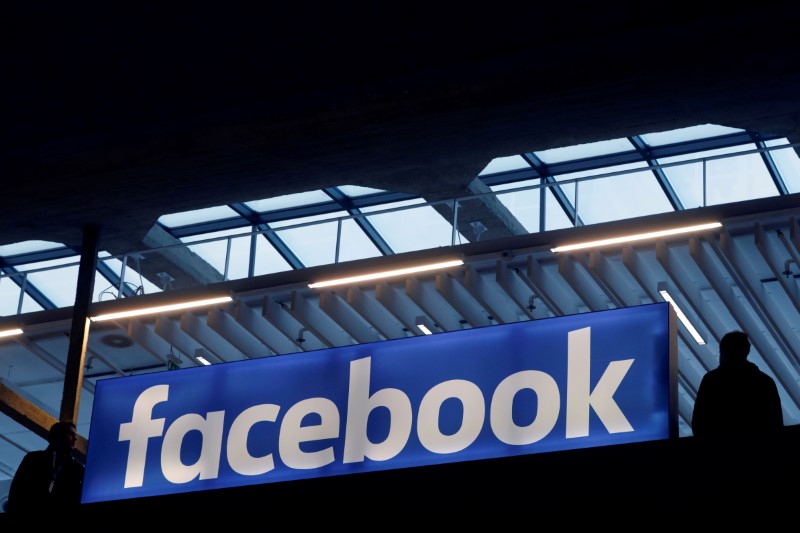By David Ingram
SAN JOSE, Calif. (Reuters) - Facebook Inc (NASDAQ:FB) plans to release a new virtual reality headset that does not require a separate computer to operate, allowing more mobile uses than the company's existing Oculus Rift product, Chief Executive Mark Zuckerberg said on Wednesday.
Zuckerberg, speaking at a conference for virtual reality developers, said the "Oculus Go" device would cost $199 and ship early next year, too late for this year's holiday shopping season but likely ahead of rivals.
Facebook has invested heavily in virtual reality hardware in hopes the technology, which offers a 360-degree panoramic view of faraway or imaginary spaces, will move from a niche interest to a widely used platform for gaming, communication and business applications.
In 2014, Facebook paid $3 billion to acquire Oculus and retain its employees.
The new standalone headset will differentiate itself from the rival Vive system made by HTC Corp and the Google Daydream headset, made by Alphabet (NASDAQ:GOOGL) Inc, because it will not require a smartphone to operate.
Consumers could be attracted to the Oculus Go if it had enough interesting material, such as games and movies, said Stephanie Llamas, vice president of research at Super Data, a research firm.
"The Oculus Go has potential to be a huge driver of growth, but only if its up to consumer standards," she said in an email.
Facebook will permanently cut the price of the Oculus Rift system to $399 from $499, the company said.
Facebook is expected to ship about 213,000 Rift systems this year, while HTC is expected to ship about 305,000 Vive systems, according to Super Data research.
Beyond price cuts and new products, Facebook is trying a variety of ways to attract more people to the virtual-reality medium.
The company has been developing software known as Facebook Spaces that allows friends to meet in virtual rooms, and it said it will soon integrate live video.
On Wednesday, the company said it was releasing new technology to create better, customised facial images, or avatars, and would soon add the ability to use playing cards in Facebook Spaces, in addition to the dice it already has.
